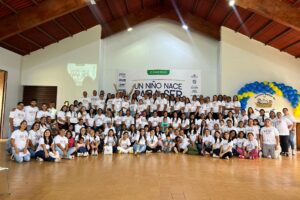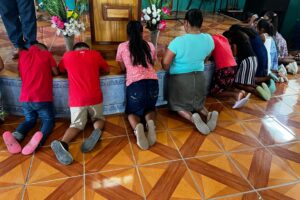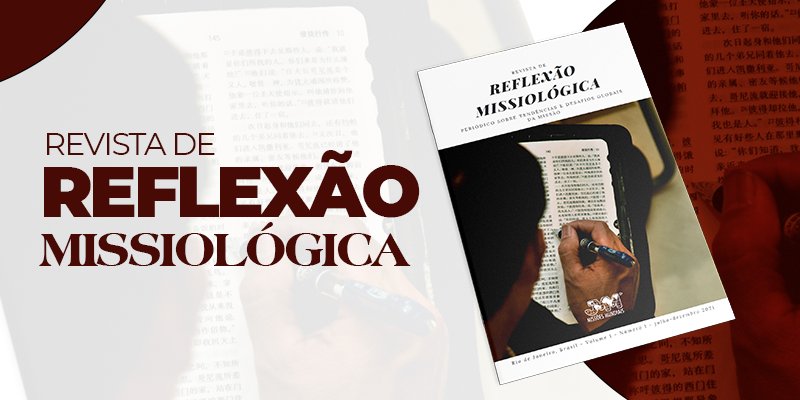The World Missions Board (WMB) of the Brazilian Baptist Convention is really committed to children and teenagers’ protection in all its programs and projects. We have a guideline document which contains important procedures about how the organization deals with child abuse issues at the institutional environment. It is our Child Protection Policy (CPP).
PEPE, as program of WMB, has as one of its work axes the protection of children against any type of violence. In our experience and work with churches and with children in a vulnerable and social risk situation in several communities, we are engaged in promoting the awareness and the instrumentalization of the local churches about child protection.
The actions we have performed for, with and by the children are consequences of how we see them: if as people, as subjects of rights or only as objects. Providing a safe place for children is intimately connected to the conception we have about them.
As Jesus followers, we defend the principles of appreciation and respect to the child, among a society that does not share this view. Jesus sees children as people who worth a special place in the community of God’s people. Thus, providing spaces and safe environment is also a responsibility of the church.
Cases in which children and teenagers are vulnerable and exposed to all types of violence anywhere, are definitely concerning.. We unfortunately recognize that there are risks of a child being a victim of violence at the church environment. Many times the leaders and responsible ones do not know how to deal with it nor even what to do. There isn’t any clear protocol of how or what people and institutions should follow. We cannot wait for an episode of violence to happen against children, to act, trying to address a situation that will cause more damages. Prevention is the best way!
Answering this need, we elaborated this booklet to share with the churches/ institutions the steps and the main actions for building a Child Protection Policy (CPP), as one basic tool of prevention of violence at the institutional space. Our reference is the kit A Safe Place, produced in Portuguese by the network Given Hands, 2011.
Based on the reference material, the child protection policy is a document that has guidelines and actions that establish how the children must be protected and helps in the creation of a safe and healthy environment, thus decreasing the risks that might happen in these environments. We hope that this is one more useful tool that contributes for the protection of many children in Brazil and in the World.
Terezinha Candieiro
General Coordination of PEPE International
World Missions Board of BBC



